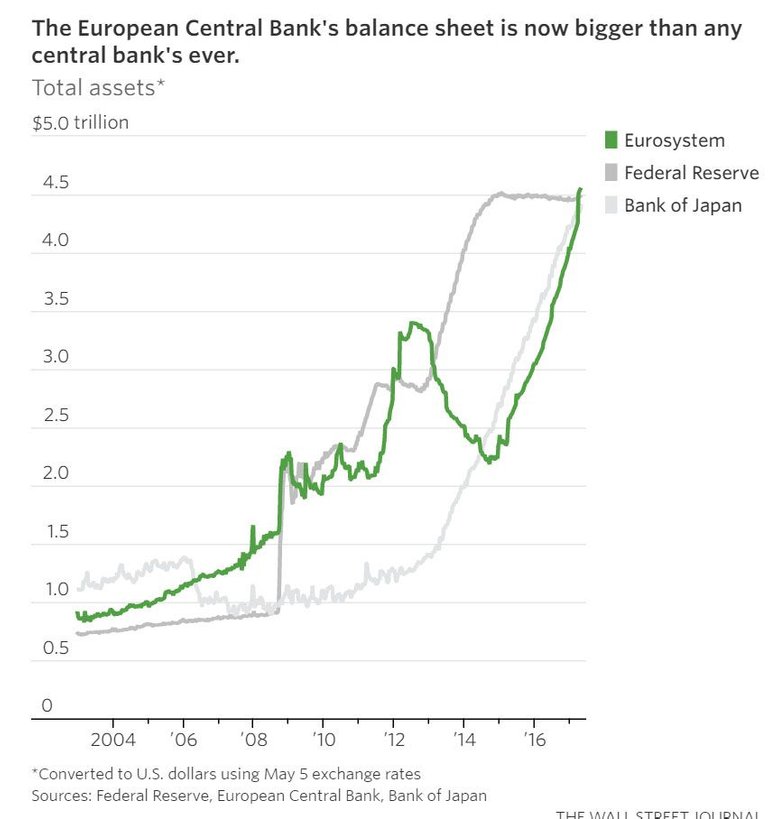Used to a fawning press corps and clueless politicians, perhaps Mario Draghi was expecting a warm greeting, a series of softball questions from Dutch lawmakers, and some late night entertainment on Wednesday when the ECB president made a rare visit to the Hague. Instead, what followed, was an "unenviable grilling" from Dutch MPs for nearly two hours in the country’s parliament today which, as the FT said, left the usually implacable Italian confrontational and riled up as tempers flared and Dutch politicians probed Draghi on the ECB’s record of transparency, and attacked policies they said subsidized southern European countries and harmed Dutch pensioners.
The reason Draghi occasionally travels to national capital cities is to defend the bank’s actions: most recently to Berlin, in late September. That trip helped to soothe German lawmakers as the ECB prepared to extend its stimulus again. Draghi was hoping to do the same with Dutch lawmakers who have been far less critical of the ECB's actions compared to their German peers, in the past.
He was in for a surprise.
“You still believe this [QE program] is fully within [the ECB’s] framework and you have not been doing any government financing, even though you [will have] bought €2.5 trillion of debt by the end of the year?” asked Pieter Omtzigt, a member of the center-right Christian Democratic Appeal, a sarcastic look spreading on his face.
Naturally, Draghi strongly defended the ECB’s decisions, which he said had helped support households throughout the region, including in the Netherlands. He also brushed off calls for a swift exit from QE.
“It is too early to declare success,” Mr. Draghi said quoted by the WSJ. “Maintaining the current very substantial degree of monetary [stimulus] is still needed for underlying inflation pressures to build up.”
Meanwhile, as inflation and growth has picked in Europe, up if only temporarily, Dutch and German politicians have been calling with increasing urgency for the ECB's "extraordinary measures" to reverse course. The ECB's balance sheet has already risen to an all-time high of €4.16 trillion and as of this month has surpassed that of the Federal Reserve, which stands at around $4.5 trillion.
Draghi claimed that despite the apparent recovery, his job isn’t yet done as "underlying inflation remains weak, and the bloc’s unemployment rate, at 9.5%, is far too high." He also highlighted ECB research, published Wednesday, suggesting that up to 18% of eurozone workers are underemployed, meaning they would like to work more hours, or have temporarily left the labor force. In other words, more QE is needed.
That, however, did not sit too well with the Dutch lawmakers who, unlike their peers in much of the developed world, appears legitimately concerned about retirees who are collecting 0% on their savings (and in some cases, even paying the bank), and led to several heated exchanges, such as this one in which Draghi was asked about the possibility of a eurozone member needing a debt restructuring, to which the former Goldman employee snapped:
"We don’t want to speculate on the probability of things that have no chance of happening. Why are you asking me that?
Confronted with the possibility of the Netherlands exiting the monetary union from eurosceptic MP Thierry Baudet, Mr Draghi sniped:
"The euro is irrevocable. This is the treaty. I will not speculate on something that has no basis. Our monetary policy has created the recovery…[and led to] 4.5m jobs in the eurozone so far. That’s the reality, the rest is speculation."
“You’re saying there’s zero probability?” said Renske Leijten, representing the left-wing Socialist party.
“Our policy has created 4½ million jobs, that’s the reality,” retorted Mr. Draghi. It has also created the biggest social divide during peaceful times Europe has ever seen.
The attacks continued when one Dutch MP said the ECB’s stimulus might have made Draghi a hero in southern Europe, but not in Holland.
“It’s not my job to be a hero, just to pursue my mandate,” Mr. Draghi responded and justified his actions by admitting to peer pressure: "The ECB has done no more than other major central banks in the U.S., U.K. and Japan," which also launched major stimulus programs in recent years.
The punchline, however, belonged to Lammert van Raan, a member of the left-wing Party for the Animals who said “you look remarkably calm for someone who issues €2.5 trillion out of thin air, especially when your chief economist says there is no Plan B.”
It is unclear what Draghi's reaction was but it is safe to say he continued to look remarkably calm.
The end of the pointless meeting was amusing, not to mention symbolic: the Dutch lawmakers gifted Draghi with a tulip, a symbol of the Dutch tulipmania of the 17th century which led to the world's first global financial crisis.
“We want you to look at this tulip before your meetings”, said committee head Pieter Duisenberg, who is the son of the ECB’s first president, Wim Duisenberg.

Peter Duisenberg, son of the first ECB president
Meanwhile, this is what the current version of tulipmania looks like.

Follow me @colinb

This will not end well.
Never has never will.